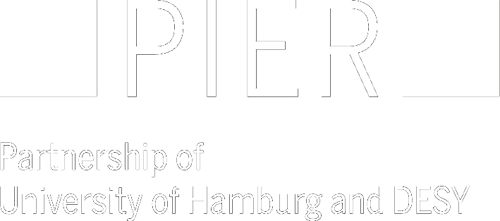10
Dec
Time and Self-Management for Doctoral Researchers
The workplace in academia is becoming ever more demanding and hectic, with doctoral researchers often having to deal as efficiently and effectively with increasing time pressures, highly complex research projects, undefined working relationships and conflicting priorities.
Missed deadlines, avoidable errors, complaints and conflicts are the things that most people would want to avoid, but unfortunately are having to endure on a regular basis. The impact of ineffective time management on any organisation is clear, however the impact on the individual may be less obvious - particularly if they are using short-term coping strategies that seem to work, such as working excessive hours. Developing skills in effective time management can therefore have a positive impact on your productivity, and can help to ensure that your remain healthy and motivated.
Goals of this course:
• Know how to use powerful time planning methods
• Know how to balance professional and private life
• Know how to control your inner state using concentration and relaxation techniques
• Exchange of experiences with other participant
Fundamental requirements for good time management during your doctorate:
• Making decisions and developing initiative
• Is my research topic small enough: What exactly do I want to examine?
• How can I motivate myself on the path to completing it? How does this path look like?
• Strategies for efficient and effective use of time
• Time planning and the research project: master plan, weekly and daily planning
• Setting priorities (Eisenhower Method, Pareto Principle)
• Finding your balance: research project – job – private life
• Getting rid of time-killers
• Using high concentration techniques (silent hour, Pomodoro Technique)
• Controlling your inner state through relaxation techniques
Methods:
Trainer input; individual, partner, and group work; written and creative focusing exer-cises; relaxation exercises; guided and free sequences in which participants can develop images; brief presentations by participants; group reflection. Highly interactive online seminar using zoom technology with a lot of small group work.
10 December: building 48f, room O1.030 & 11 December: building 1b, SR 4b
10 + 11 December 2025, 9 am - 5:30 pm
Matthias Mayer
1.0
Doctoral researchers
Slots are limited, early registration is strongly recommended.
Other interesting events
show all events23 Jan 2026
Thesis defense: Gabriele Milella
Thesis defense: Gabriele Milella | 23 January 2026, 2:00 p.m. |
The disputation is open to the UHH university public. Title of thesis: From Detector Development to New Physics Searches: CM ...
28 Jan 2026
DOIT Job Seminar: "From Science to Consulting"
Dr. Jim Skulte | 28 January 2026, 4:00 p.m. | IQP Seminar room & Zoom
From Science to Consulting
10 Mar 2026
Academic Writing for Doctoral Researchers - 8 Sessions
8 sessions from 10 March to 28 April 2026, 5:30 - 7:00 p.m. (Tuesdays) | Campus Bahrenfeld, Building 61 Room 116 (1st floor)
At a basic level, a PhD is about developing the skills of a professional academic researcher. However, without a set syllabus ...
10 Apr 2026
PIER Startup Bootcamp Workshop I: Design Thinking
Andreas Voss (Concis Group! and People & Friends) | 10 April 2026, 9 am - 1 pm | Remote
PIER is pleased to announce its next PIER Start-Up Workshop “Design Thinking” for early-stage researchers (doctoral researche ...




